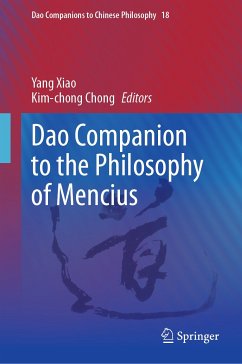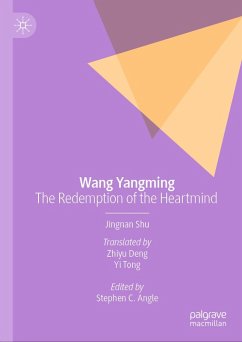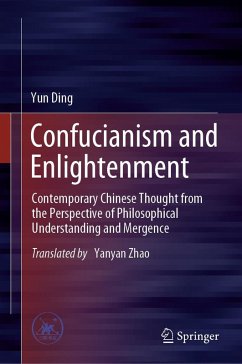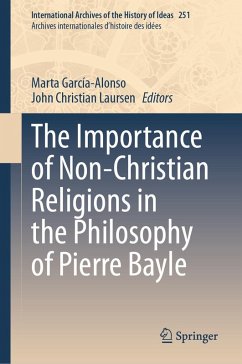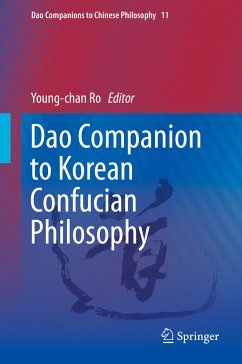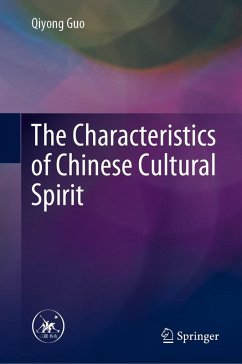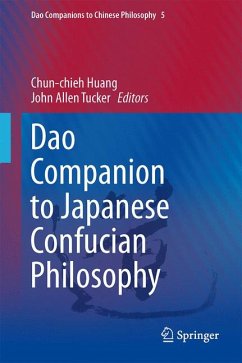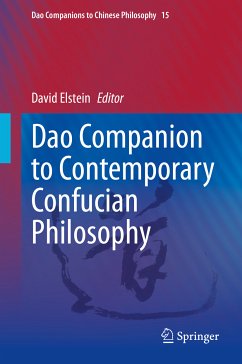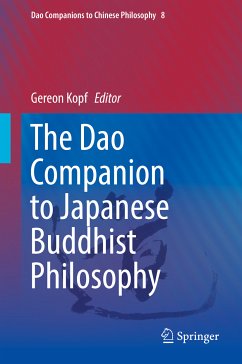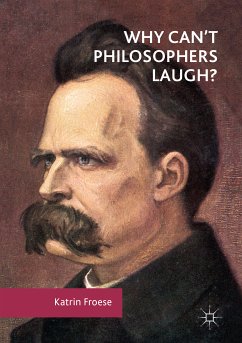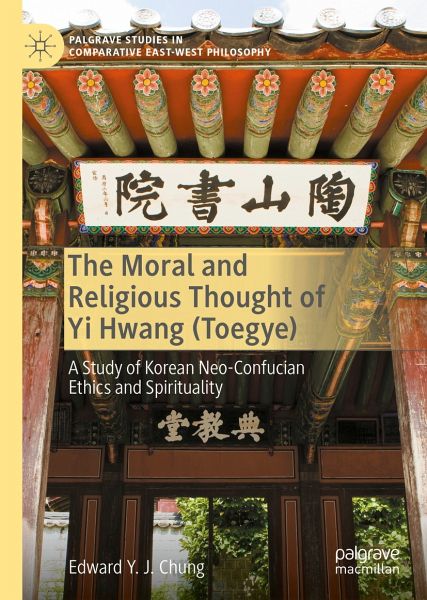
The Moral and Religious Thought of Yi Hwang (Toegye) (eBook, PDF)
A Study of Korean Neo-Confucian Ethics and Spirituality
Versandkostenfrei!
Sofort per Download lieferbar
72,95 €
inkl. MwSt.
Weitere Ausgaben:

PAYBACK Punkte
36 °P sammeln!
This book presents Yi Hwang (1501-1570)-better known by his pen name, Toegye-Korea's most eminent Confucian philosopher. It is a pioneering study of Toegye's moral and religious thought that discusses his holistic ideas and experiences as a scholar, thinker, and spiritual practitioner. This study includes Toegye's major texts, essays, letters, and biographies. Edward Chung explains key concepts, original quotations, annotated notes, and thought-provoking comments to bring this monumental thinker and his work to life. Chung also considers comparative and interreligious perspectives and their co...
This book presents Yi Hwang (1501-1570)-better known by his pen name, Toegye-Korea's most eminent Confucian philosopher. It is a pioneering study of Toegye's moral and religious thought that discusses his holistic ideas and experiences as a scholar, thinker, and spiritual practitioner. This study includes Toegye's major texts, essays, letters, and biographies. Edward Chung explains key concepts, original quotations, annotated notes, and thought-provoking comments to bring this monumental thinker and his work to life. Chung also considers comparative and interreligious perspectives and their contemporary relevance. By offering groundbreaking insights into Neo-Confucianism, this book sheds fresh light on the breadth and depth of Toegye's ethics and spirituality, and is an important source for scholars and students in Korean and Confucian studies and comparative philosophy and religion.
Dieser Download kann aus rechtlichen Gründen nur mit Rechnungsadresse in A, B, BG, CY, CZ, D, DK, EW, E, FIN, F, GR, HR, H, IRL, I, LT, L, LR, M, NL, PL, P, R, S, SLO, SK ausgeliefert werden.
Alle Preise in Euro und inkl. der gesetzl. MwSt. | Innerhalb Deutschlands liefern wir preisgebundene Bücher versandkostenfrei. Weitere Informationen: bitte hier klicken
Support
Bitte wähle dein Anliegen aus:
Rechnungen
Bestellstatus
Retourenschein
Storno



